The recent declaration of a ban against dog meat in Korea, starting in 2027, raised voices in both support and opposition to the new legal system. Labor rights activists took to the streets to protest against the prohibition and displayed a live dog inside a cage to emphasize their message. A dog farm owner threatened politicians with the release of 2 million dogs into the home of the minister of agriculture.
The debate surrounding dog meat has brought heated debate in Korea for decades, but recent circumstances have pushed both sides of the conflict to the edge. Political reasons aside, the extreme differences in lifestyle between the older and the younger generation fuel the division of opinion.
Most individuals in their 20s and 30s sympathize with pet culture and animal rights, while the elderly, who experienced war and poverty, believe that this historical cuisine should live on. Jaewoo Lee, a consumer of Boshintang, said, “We used to eat dogs because there was nothing else to eat. Our elders told us it helps to recover our health after a long day of work. Now I see young people raising and kissing their pets like they’re family, and it’s absurd to me. They’re just animals.” To those who view dogs as mere livestock, this issue is only economical and political.

Since animal rights remain an unfamiliar concept to the older generation, restaurant owners and proponents believe that the protestors hold ulterior motives such as a political agenda. Jisoon Park, an owner of a Boshintang (dog meat soup) restaurant, said, “I don’t understand those young people, and even if I try, I can’t see them in a completely positive light. Nowadays everyone owns dogs and I see how that can affect their views, but the protestors are getting government support for political reasons. The younger generation isn’t the ones buying our food. It’s the elderly. So if we leave this culture to die out gradually, it will eventually happen like the young people want.”
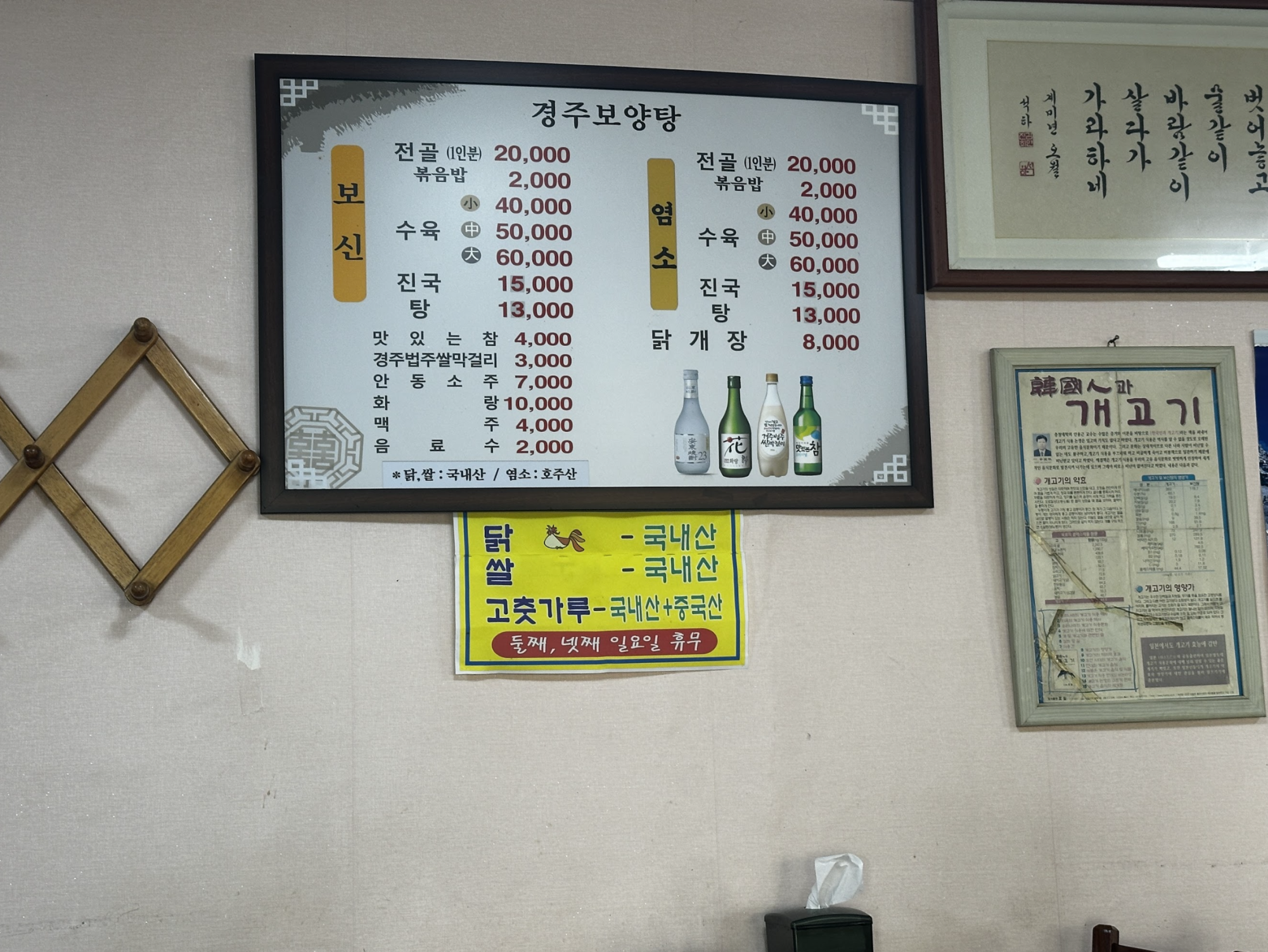
Furthermore, business owners and others related to the industry take the blow of the ruling, having to shut down their livelihood in a few short years. Park said, “As the DonguiBogam (Principles and Practice of Eastern Medicine) states, the culture of dog meat has been with Koreans for a long time. When people didn’t have anything else to eat, it helped farmers and workers heal and recover from their intense labor. Even nowadays, many doctors recommend eating dog meat for patients as a method of treatment, and a lot of our customers visit the restaurant for better health.”


Now that business owners must close down their shop in only a few years, she feels conflicted. “I’m worried for the customers who need it as medicine, and for our own well being. If [the government] is going to close us down they should compensate for our losses and support us economically. Everything is a political decision,” she said.
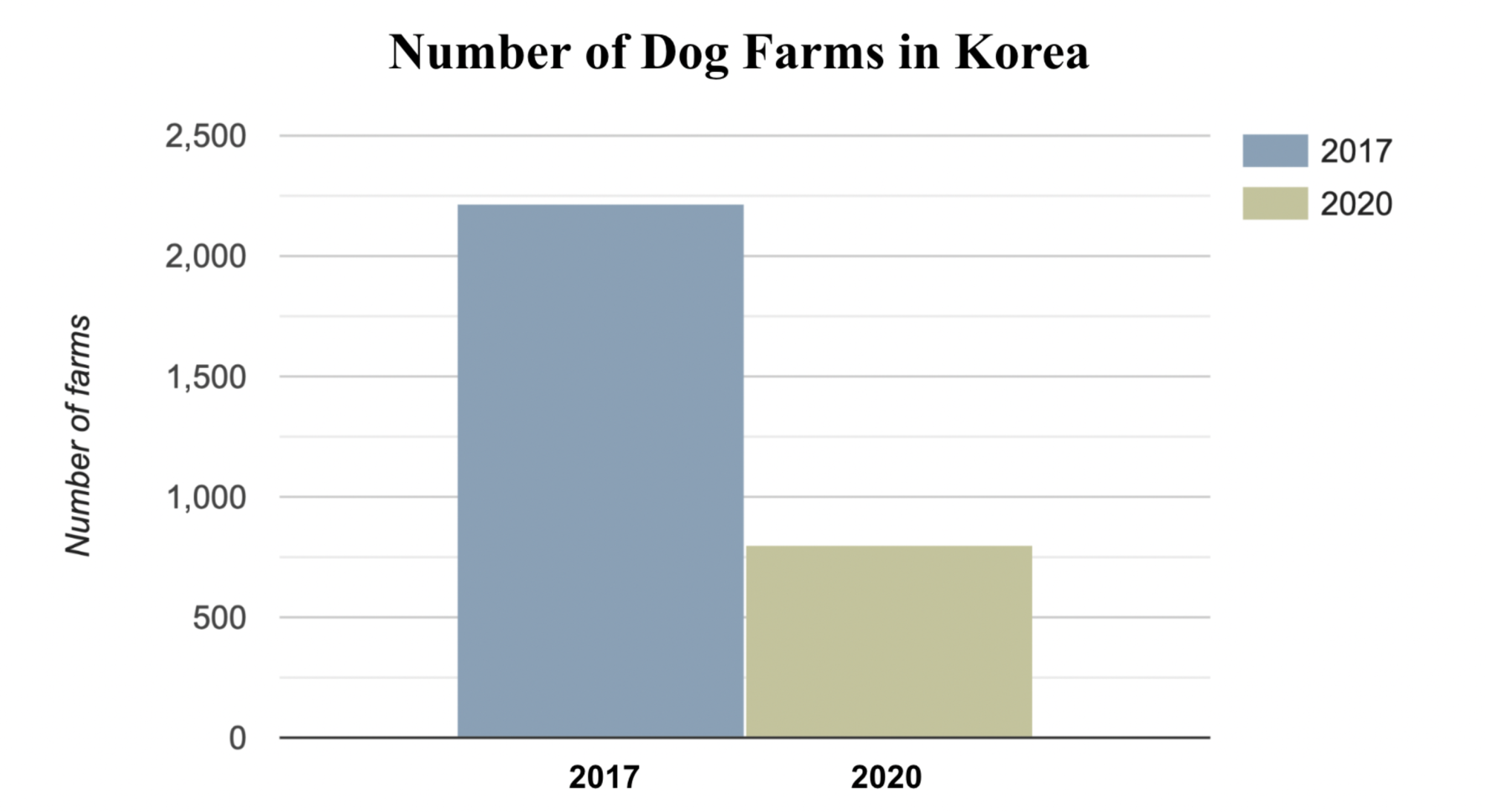 KBS News reported in 2020 that the number of dog farms in Korea decreased by a third since 2017. (Catherine Park)Despite these oppositions, various ethical concerns envelop the dog meat industry. Several farm and slaughterhouse owners around the nation run their facilities illegally, subjecting the animals to abysmal living conditions. Thousands of dogs spend their whole lives in small cages alongside feces and corpses, physically abused and mercilessly butchered.
KBS News reported in 2020 that the number of dog farms in Korea decreased by a third since 2017. (Catherine Park)Despite these oppositions, various ethical concerns envelop the dog meat industry. Several farm and slaughterhouse owners around the nation run their facilities illegally, subjecting the animals to abysmal living conditions. Thousands of dogs spend their whole lives in small cages alongside feces and corpses, physically abused and mercilessly butchered.
MBC news uncovered the brutal reality of a dog farm in the center of Seoul. In their interview with a butcher moments before a violent slaughter of a dog with a rope around its neck, the butcher claims, “There are no laws against killing dogs like this – nowhere.”
Legally, livestock products include dog meat, which permits canine slaughter. However, a separate set of ordinances called the “Livestock Products Sanitation Management Act” does not specify any regulations for how to kill a dog and trade its meat. Furthermore, the “Food Sanitation Act” prohibits the consumption of any substance outside the list of edible products, which omits dog meat. This complicates the debate surrounding the issue, for the commerce of dog meat remains legal while eating it is punishable by law.
Due to the fact that no rules specify the ethical boundaries of killing dogs for meat, farm owners hang and beat them to death, or even electrocute them before slaughter because they believe the shock gives the meat more flavor. This severe brutality sparks heated disputes among the industry and animal rights activists.
Communities across the peninsula such as the Korean Animal Welfare Association and Animal Liberation Wave led protests around Seoul and Gyeonggi and appealed cases for the safety of dogs as well as other livestock.
Lily Lee, the vice president of the Daegu Student Animal Association(DSAA), the animal rights club at DIS, said, “In terms of the ethical concerns, I feel like there are a lot of problems regarding unethical breeding and consumption of dogs, so that should be something taken into consideration.”
She added, “Korea isn’t very attentive to animal rights, and we can look towards other countries. I know Germany has a lot of rights and laws regarding dogs, so maybe we can look at other countries and see what rights they have and for what reasons, and we can try to implement that to make a better and safer environment for animals.”
Many European nations including Germany banned dog and cat meat consumption in the mid-1900s. Hong Kong, the Philippines, and Taiwan recently followed, leaving Korea as one of the few places with an active dog meat industry alongside China, Indonesia, Nigeria, Vietnam, and India.
More and more protestors come out to the streets to raise awareness of the explicit abuse of animals raised as livestock. Lee said, “Having the overall public and other important figures show their interest in animal rights can push the government to be more authoritative with the [protection] law to enforce it more, to have more facilities and options to make sure [farms] are ethical, and to have regular check-ups.”

The multifaceted nature of this conflict stunts certain individuals from taking a clear stance on whether this specific type of meat should be banned while others stay clear from criticism. Ms. Nicole Morissette, a vegetarian and elementary teacher at DIS, said, “I don’t enjoy eating meat, but I try to focus more on myself as a vegetarian and the reasons for myself. I think there’s a lot more that goes into deciding what we eat, and I think that historically, people have judged other cultures for eating different things, but there are so many pieces to what people eat around the world that some might decide it’s wrong and others are so used to eating.”
She said, “I don’t like how I’ve heard of animals being killed, but I think any animal we’re raising as food is separate from pets, and I don’t believe in stopping people from eating other foods, so for me, it’s not really different from any other animal.” While canines have accompanied humans all throughout history, their lives may only deserve the same respect we extend to any other living organism.
When I try to talk to people about meat, they don’t wanna hear about where it comes from. I think there’s a really big distance between farms and what we see for animals and what we get on our plates. A lot of people aren’t really used to thinking about where that comes from, and the animal connected to it, and so I think a really important piece is knowing where your food is coming from. Regardless of if it’s a pet or not, learning more about the history of that animal and the cultural ties is really important.”
— Nicole Morissette
Voices opposing animal cruelty grew louder than ever in 2023, but the anti-dog meat legislation met overwhelming resistance, and individuals from the industry demanded seven trillion won in compensation for their loss, delaying the bill. However, despite beliefs that the act will fall through, congress passed the legislation this year on Jan. 9 and claimed to enforce the new law by 2027 as originally planned.
Even so, the debate between those who advocate for the preservation of culture and the dog meat industry and those who champion the protection of animals closest to our hearts intensifies with each passing day. In the age of innovation, Korea counters a challenge in its step towards an ethical food industry on par with global standards, and further actions lie in the hands of young minds who shape the future of this nation.



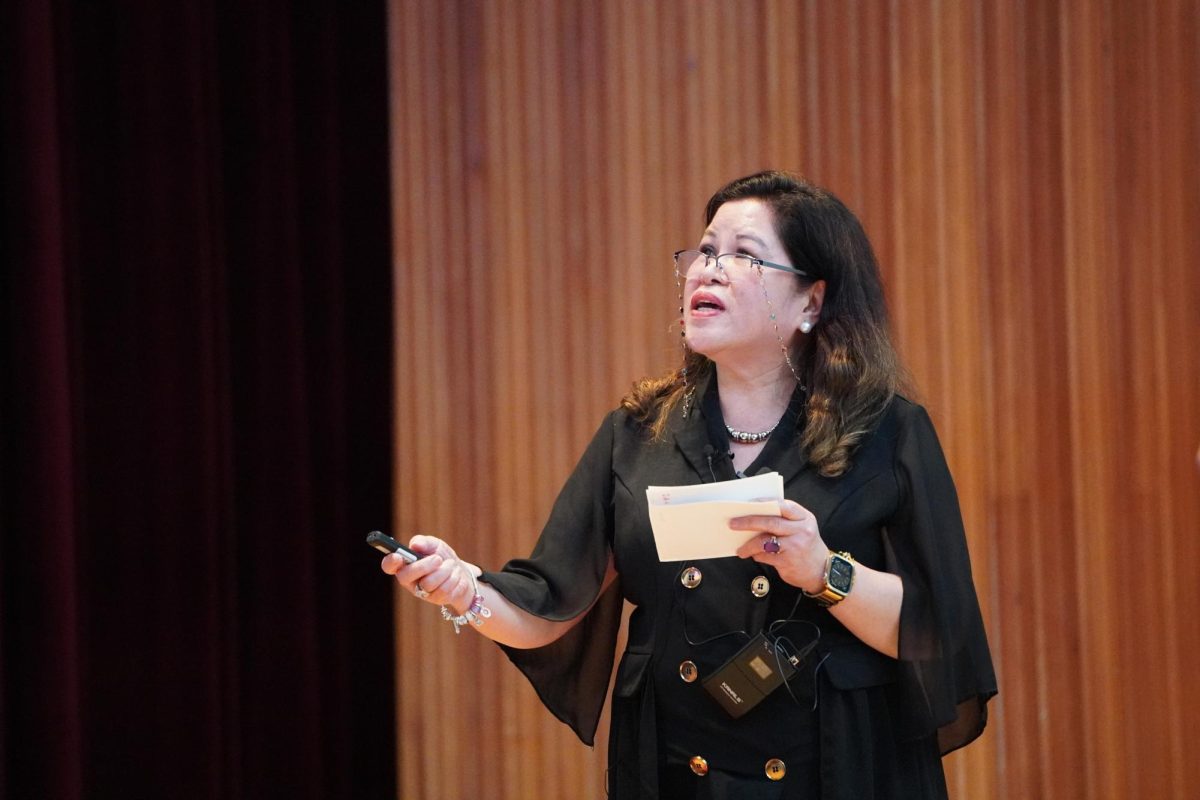





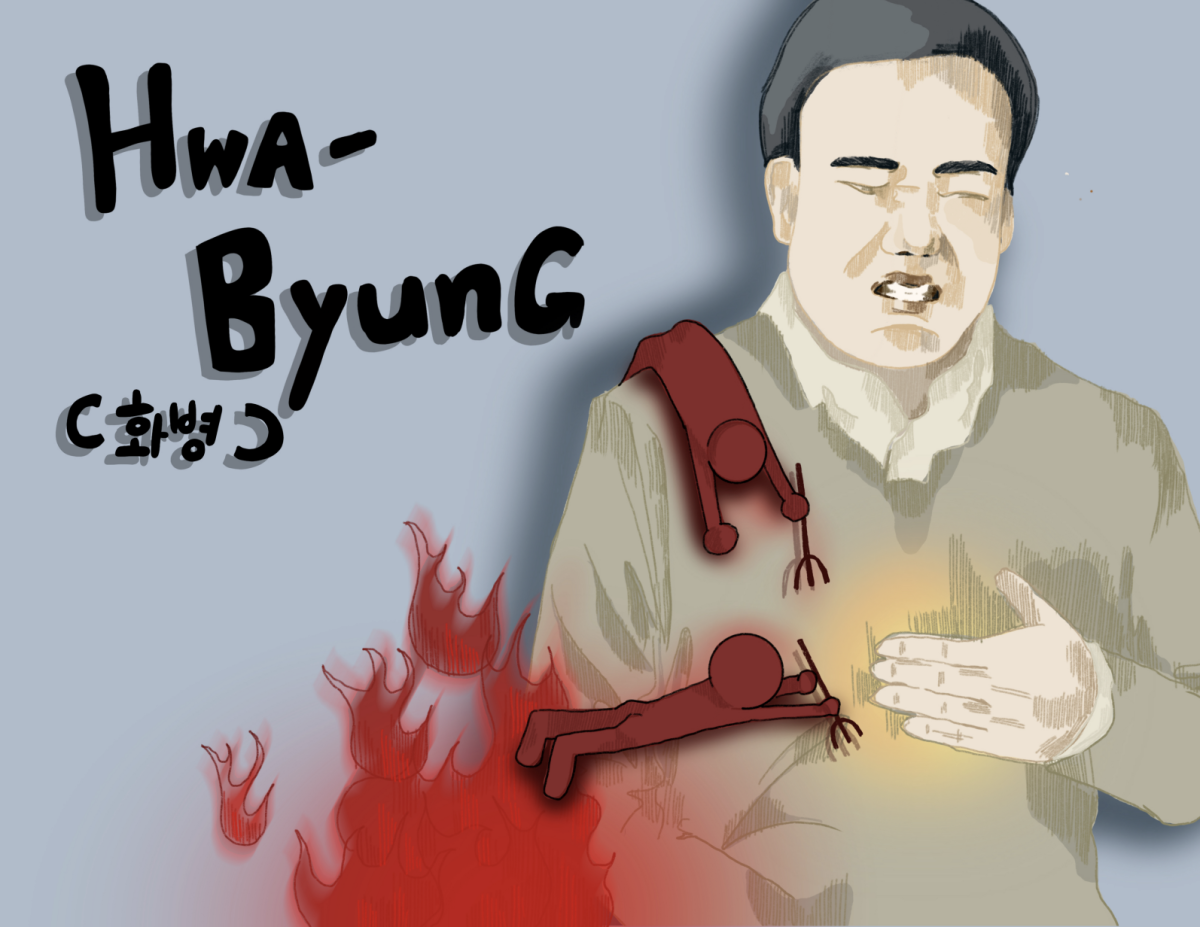
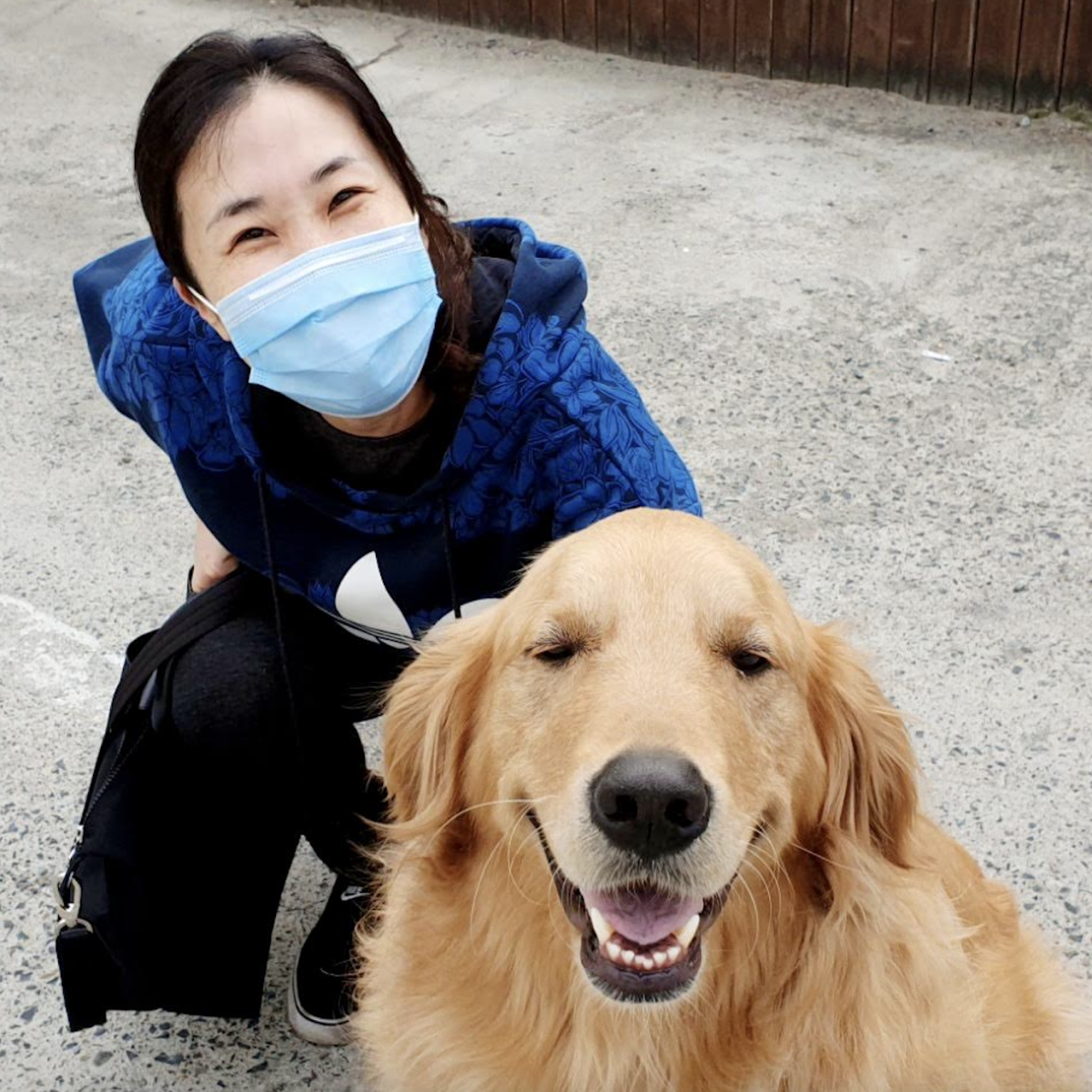
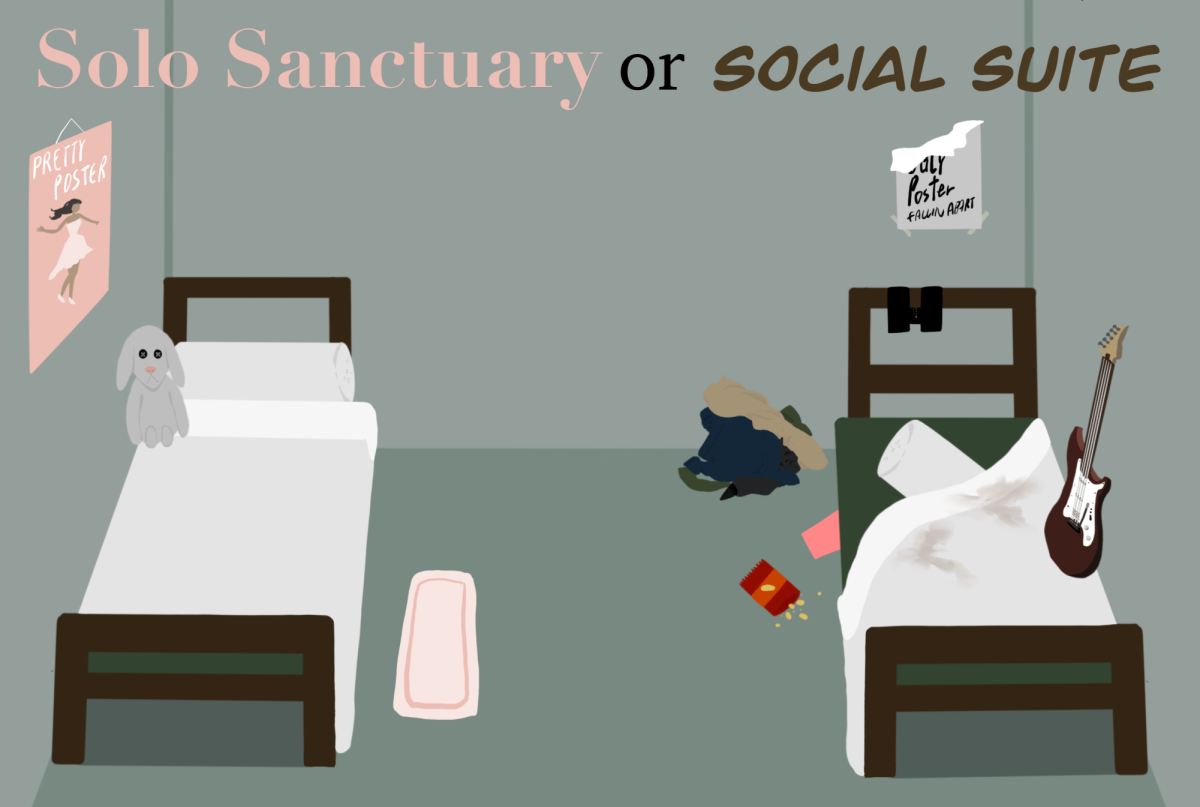












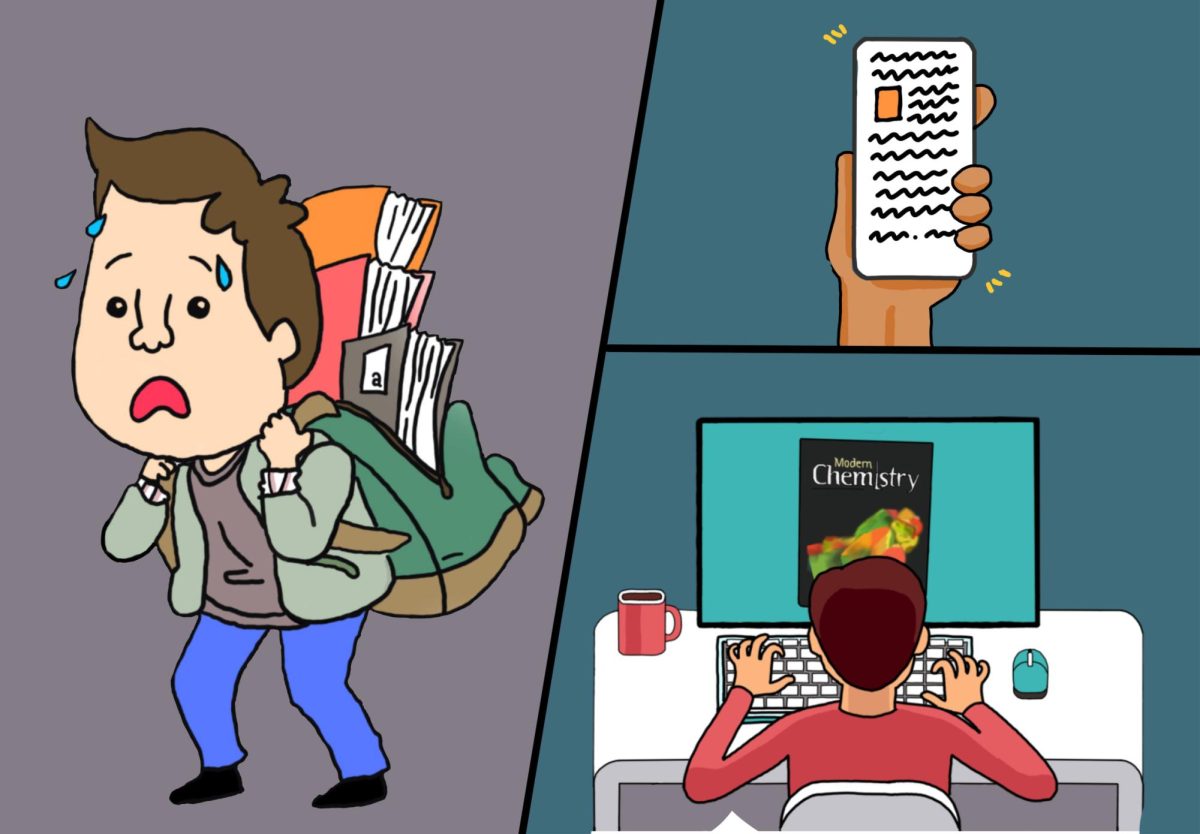







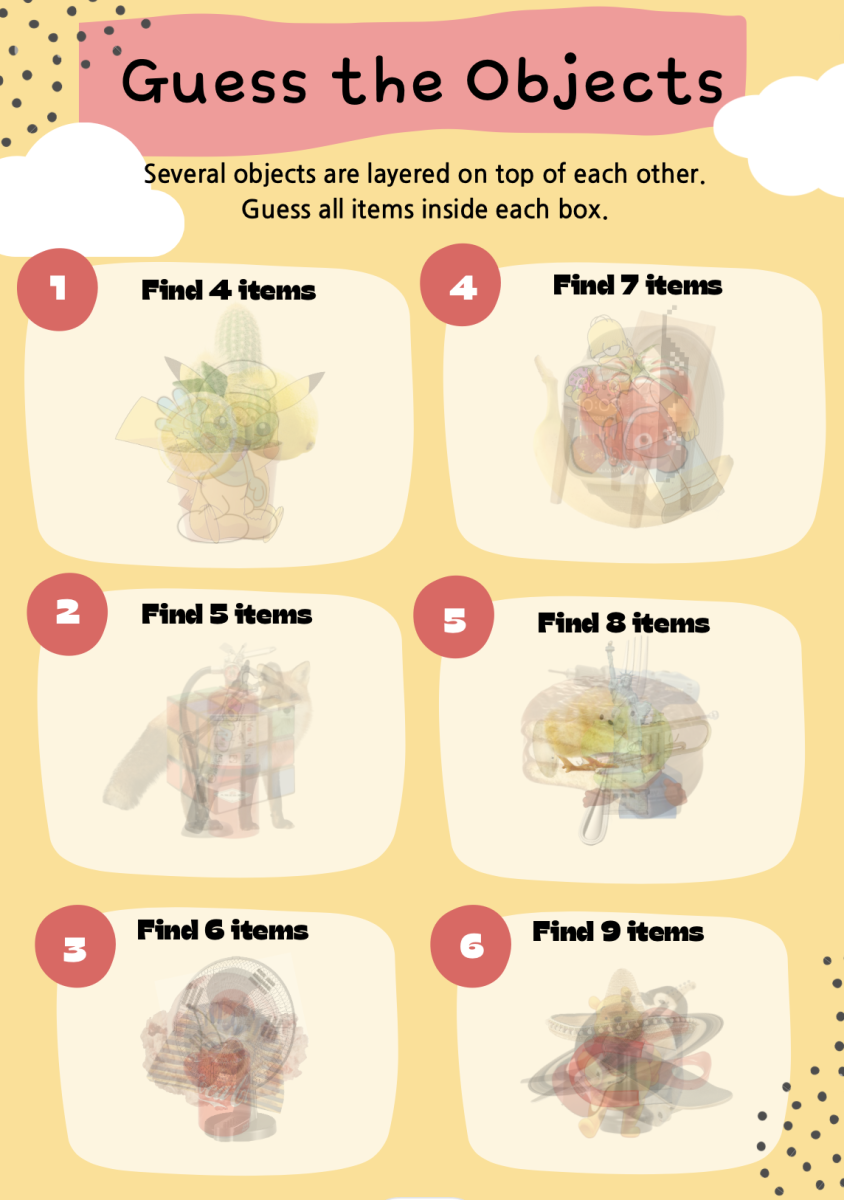


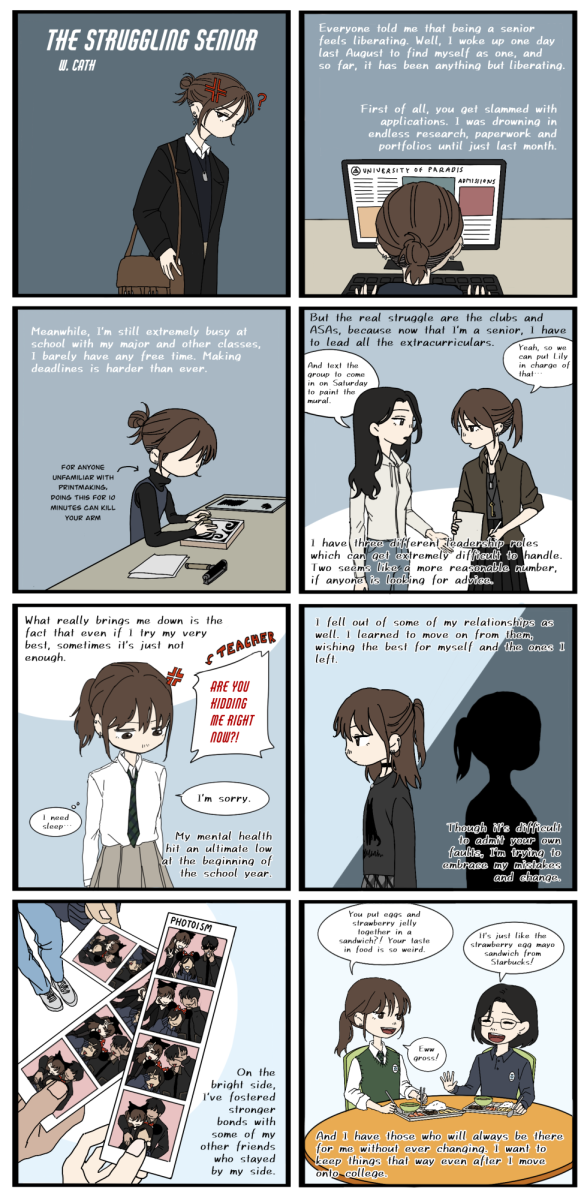
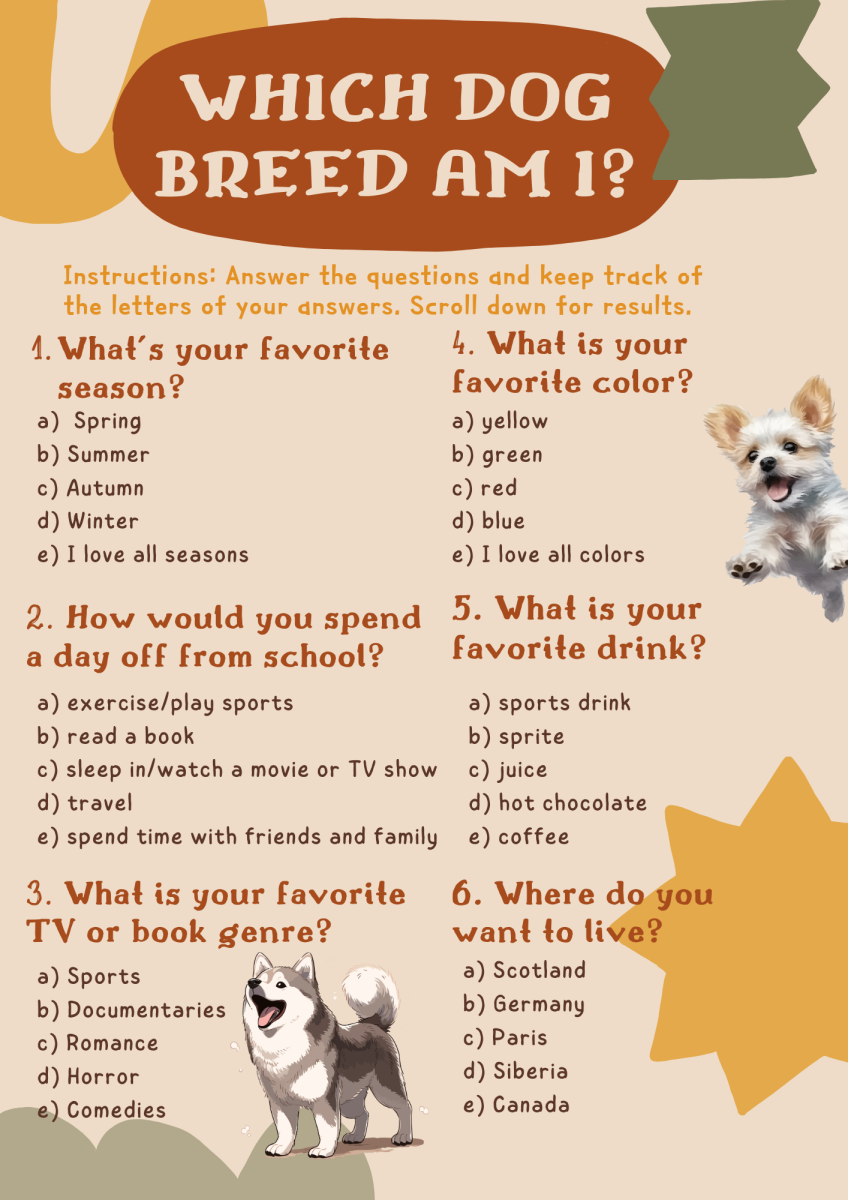
![[Podcast] Bet on Bonnie Episode 1: Haydn Mangione](https://jetsflyover.com/wp-content/uploads/2024/05/jbspodcasts-1200x951.png)
![[Podcast] Jets Jukebox Episode 1: Bleachers, Self-Titled](https://jetsflyover.com/wp-content/uploads/2024/04/Jets-Jukebox-LOGO-1-1200x1200.png)











Ms. Morissette • Jan 12, 2024 at 7:40 am
Thank you for the interesting interview, Catherine! Hearing from business owners in your article provides valuable insight from perspectives I probably wouldn’t hear from otherwise. I’m also wondering if this issue is being used at all to distract from other news, which is an idea I’ve been seeing more in the media recently.
Yujun Piao • Jan 11, 2024 at 6:30 pm
In China, dog meat is something very casual. People ask without discomfort “do you want to go eat dog?” I think it depends largely on the social culture and view on dog meat whether it is considered disgusting or acceptable.